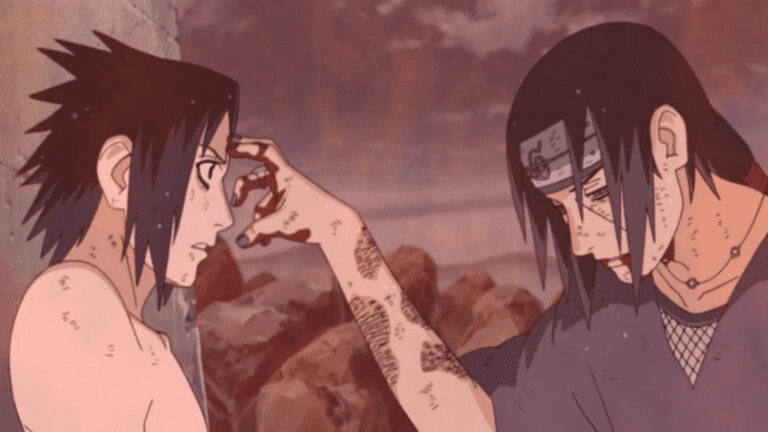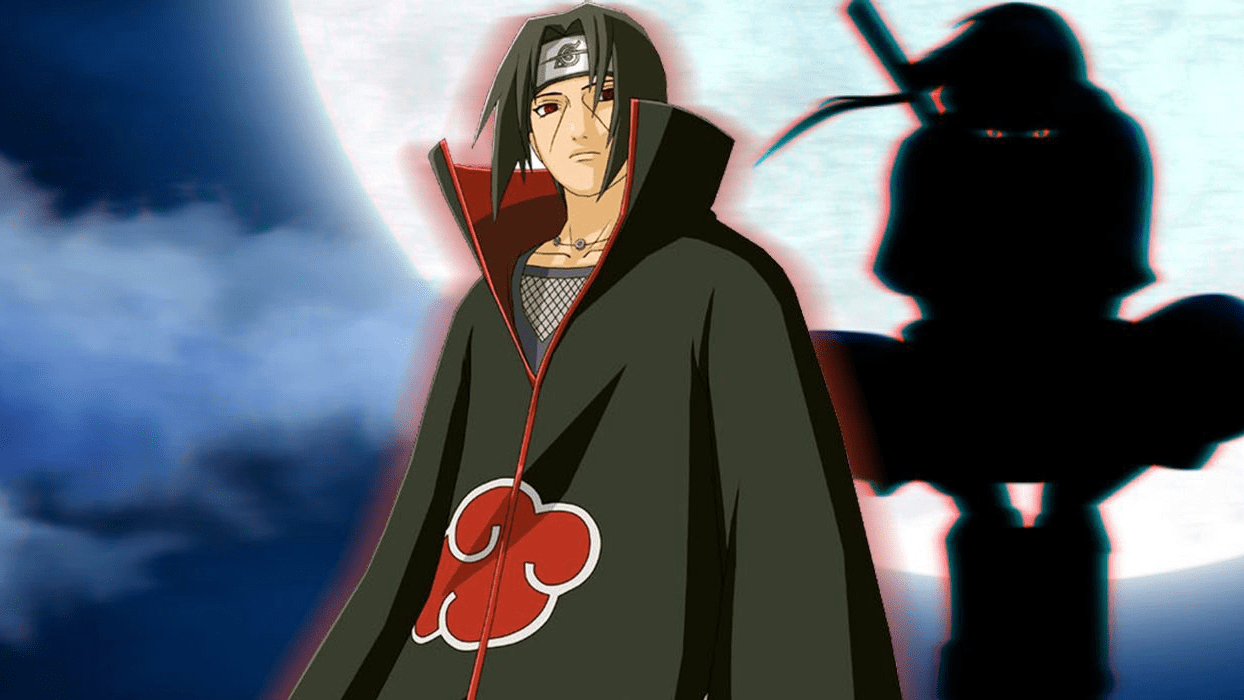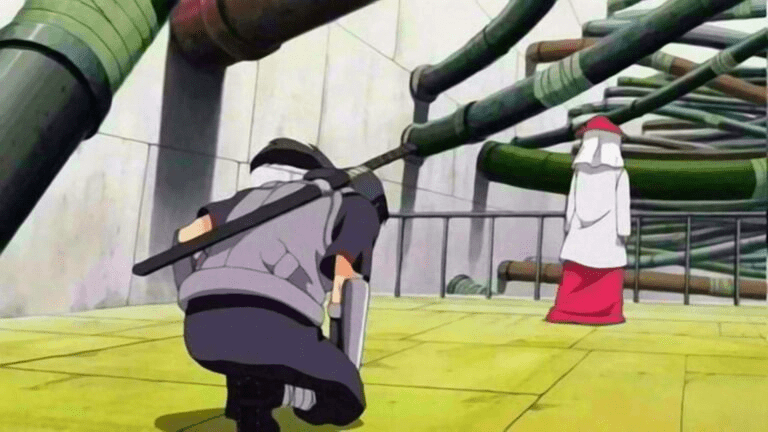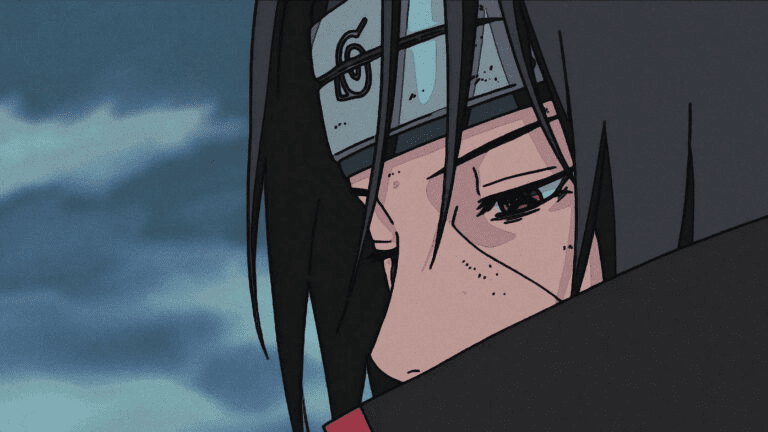Itachi is a prodigious talent from the Uchiha clan, the younger brother of Uchiha Sasuke, and one of the most beloved characters in the Naruto series. His story is filled with complex emotions and tragic events. He has gone to great lengths, including the horrific act of annihilating his entire clan, to protect the Hidden Leaf Village, safeguard his younger brother, and transform himself into a rogue ninja pursued at the S-rank level.
Uchiha Itachi has been portrayed as a formidable character in Naruto, yet his life was marred by a terminal illness. This affliction added a layer of tragedy to Itachi’s character and deepened the emotional connection fans feel for him.
First and foremost, it is essential to note that in the Naruto universe, illness and suffering are relatively rare, particularly among the main characters. Most prominent figures endure physical battles or sacrifice themselves for the greater good. It is this reality that makes Itachi’s struggle with an incurable disease all the more poignant, as it gradually weakens his robust abilities.

To this day, Itachi’s illness remains one of the greatest mysteries of the Naruto series, leaving many fans puzzled. It is still unclear what condition Itachi suffered from, which adds more depth to his character arc. The pain, worry, and emotional burden that Itachi had to endure throughout his life contributed to the severity of his illness.
Itachi had to shoulder a tremendous amount of responsibility and burdens that no ordinary person would want to bear. He was not only a devoted older brother but also a central ninja, a reliable teammate, and yet he was also a key player in the dark and tragic events that unfolded. After all, he always prioritized the welfare of others above his own needs.

Itachi made every effort to protect his younger brother and the entire village without expecting any recognition or reward. His self-sacrifice to protect those he loved makes his story even more profound and heartbreaking for fans of Naruto.
The burden of carrying too many heavy responsibilities, coupled with a lack of support from others, surely led to Itachi feeling increasingly anxious and troubled, ultimately impacting his physical health. This is likely one of the contributing factors to his terminal illness.
Even when Itachi sacrificed himself in the Fourth Great Ninja War, he warned Naruto about the dangers of pursuing his own ambitions too fervently. He advised Naruto to avoid taking on too many burdens and to ensure he did not overlook his own needs because such self-neglect could have devastating consequences. Drawing from his own experiences, Itachi understood that carrying excessive responsibilities without adequate support could lead to severe mental repercussions.
So what exactly was Itachi’s illness?

In the final battle of his life, Itachi played a dual role: he acted as a spy for the Leaf Village while also secretly gathering intelligence for the Uchiha clan. He had to disguise his true feelings while serving in Akatsuki, where he was forced to eliminate members of his own clan. While he appeared to be a ruthless assassin, he was, in fact, someone who loved deeply and wanted to protect.
Constantly having to conceal his true self caused immense mental strain on Itachi. He had to suppress his emotions, never allowing himself to express the hurt, worry, and turmoil brewing within him. The burden of his feelings ultimately manifested as a debilitating illness, leading to his tragic end.

The emotional pain of having to eliminate his own family, the burden of protecting Sasuke, and the necessity of hiding his true feelings made it so that the only way Itachi could free himself was through the manifestation of a disease that ultimately led to his demise. All the emotions he wished to express but could not have turned into a kind of cancer that consumed him until the very end. Itachi’s story is a powerful reminder of the toll that emotional struggles can take on a person’s health.
In the Fourth Great Ninja War, Itachi revealed that he viewed his entire life as a failure and admitted that he could not prevent the tragedy of the Uchiha clan from occurring. He believed that if he had shared the burden with others instead of carrying it alone, perhaps things could have turned out differently.





















